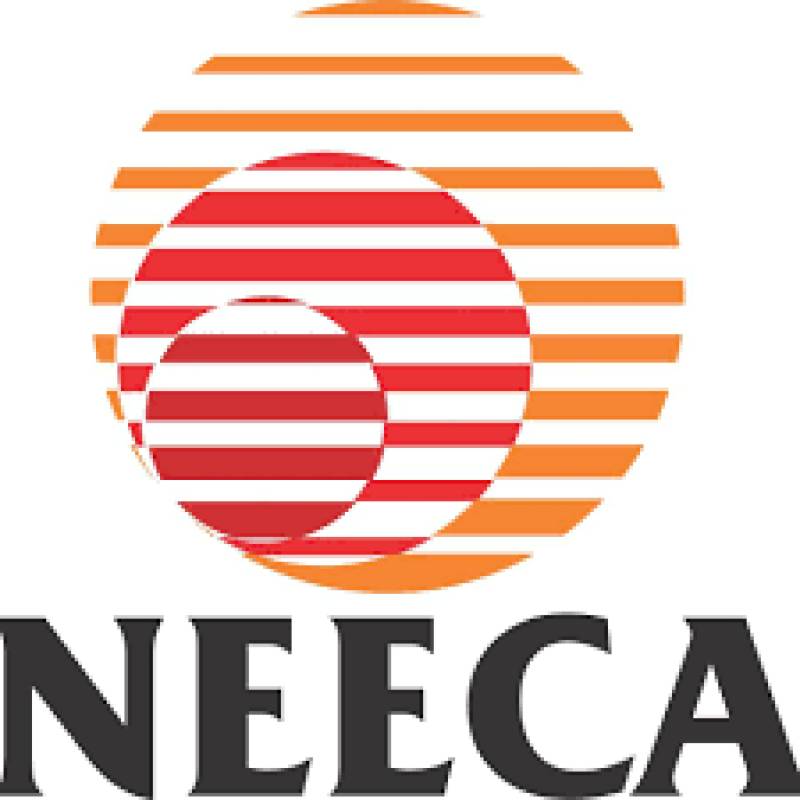Pakistan’s National Energy Efficiency and Conservation Authority (NEECA) has initiated consultations on the economic feasibility of hydrogen in electricity generation during winter. The study, jointly conducted with the Asian Development Bank, aims to identify the most feasible value chains for production, storage, distribution, and utilization of renewable hydrogen in the country. The study examined 13 value chains and identified three for financial modeling which are hydrogen electrolysis from hydroelectricity, run-of-the-river hydro power remote micro-grid, and using solar power to produce hydrogen. NEECA arranged a meeting with key stakeholders to discuss different options for using hydrogen for electricity generation and its economic viability. Various conclusions have been drawn for potential policy changes to support the development of the hydrogen economy in Pakistan.
The study recommends implementing policies that attribute a cost to CO2 emissions and reviewing power pricing tariffs to enable the purchase of power during periods of low demand at a low price and allowing the sale of power to the grid when demand is high at a high price. The study suggests that the current power tariff prices for solar renewable power generation may be higher than current best practice technologies would permit.







